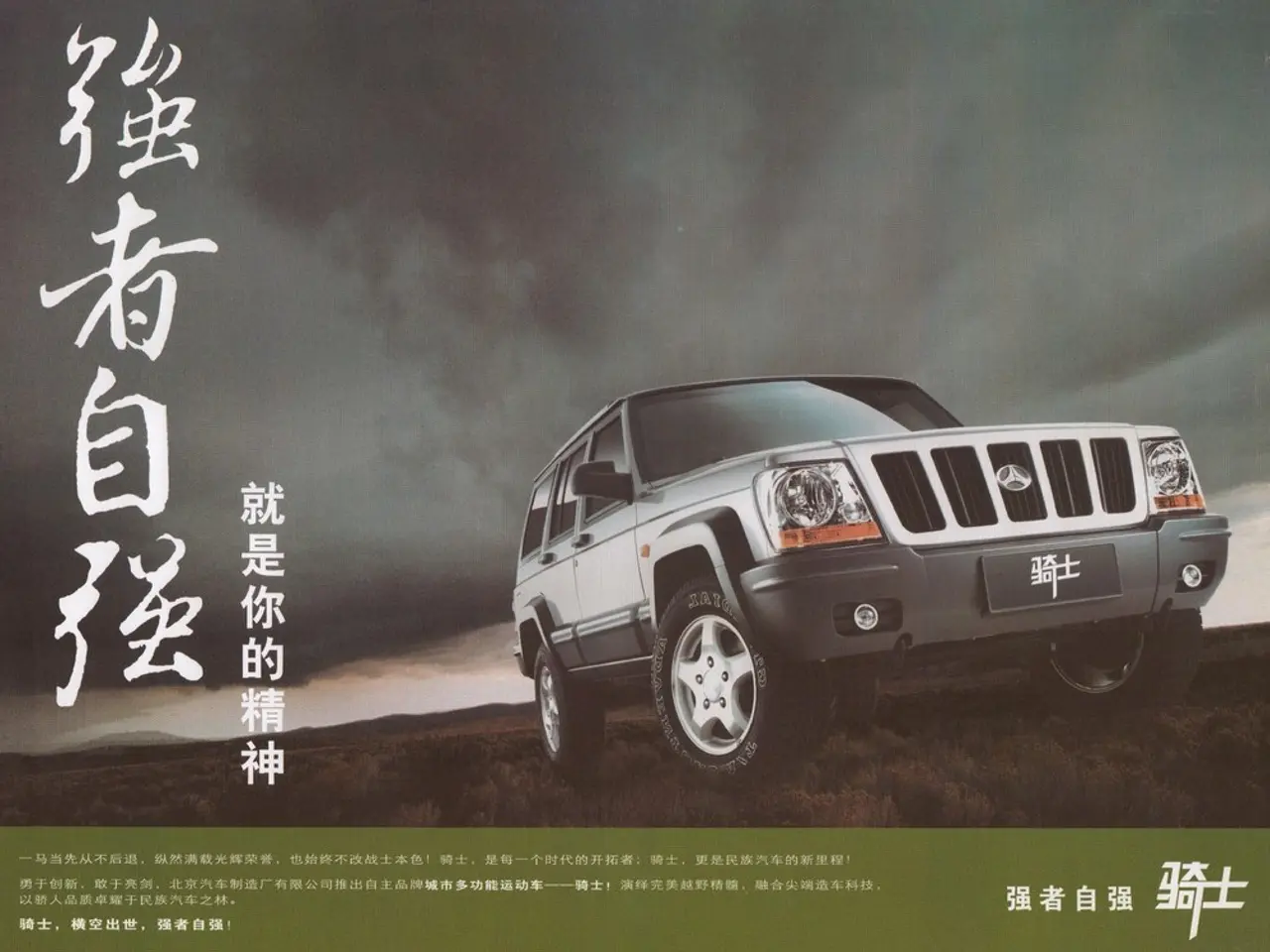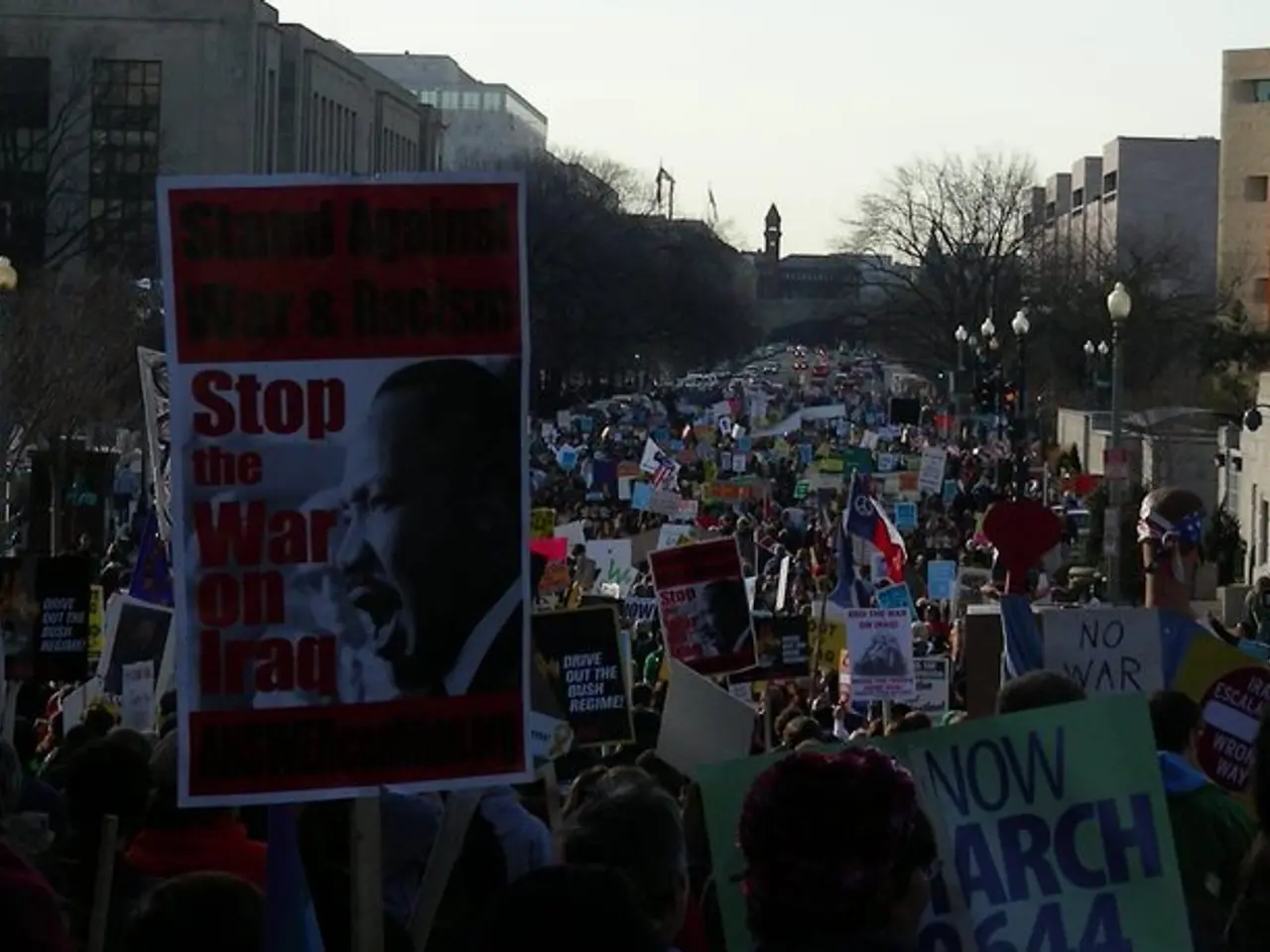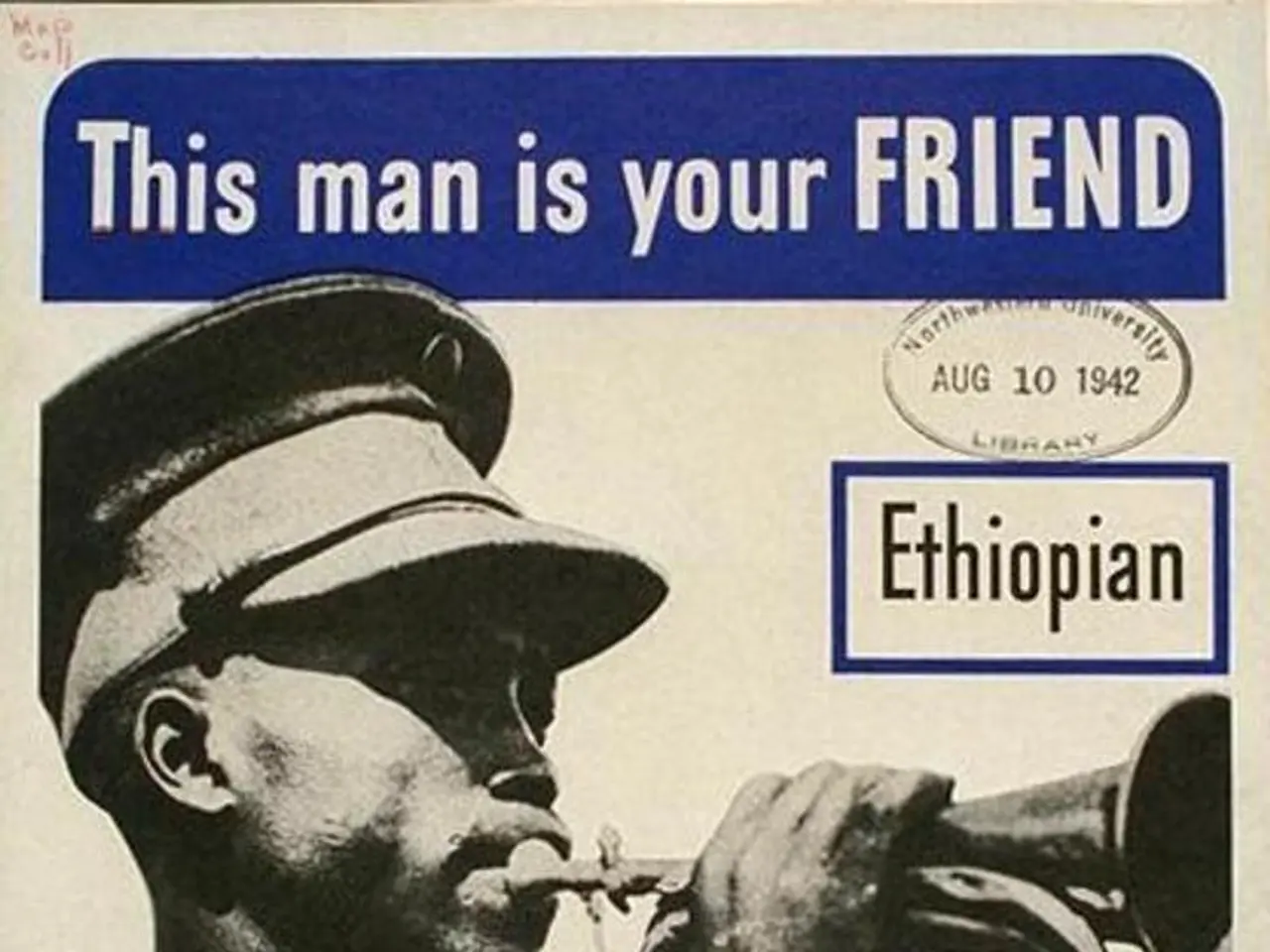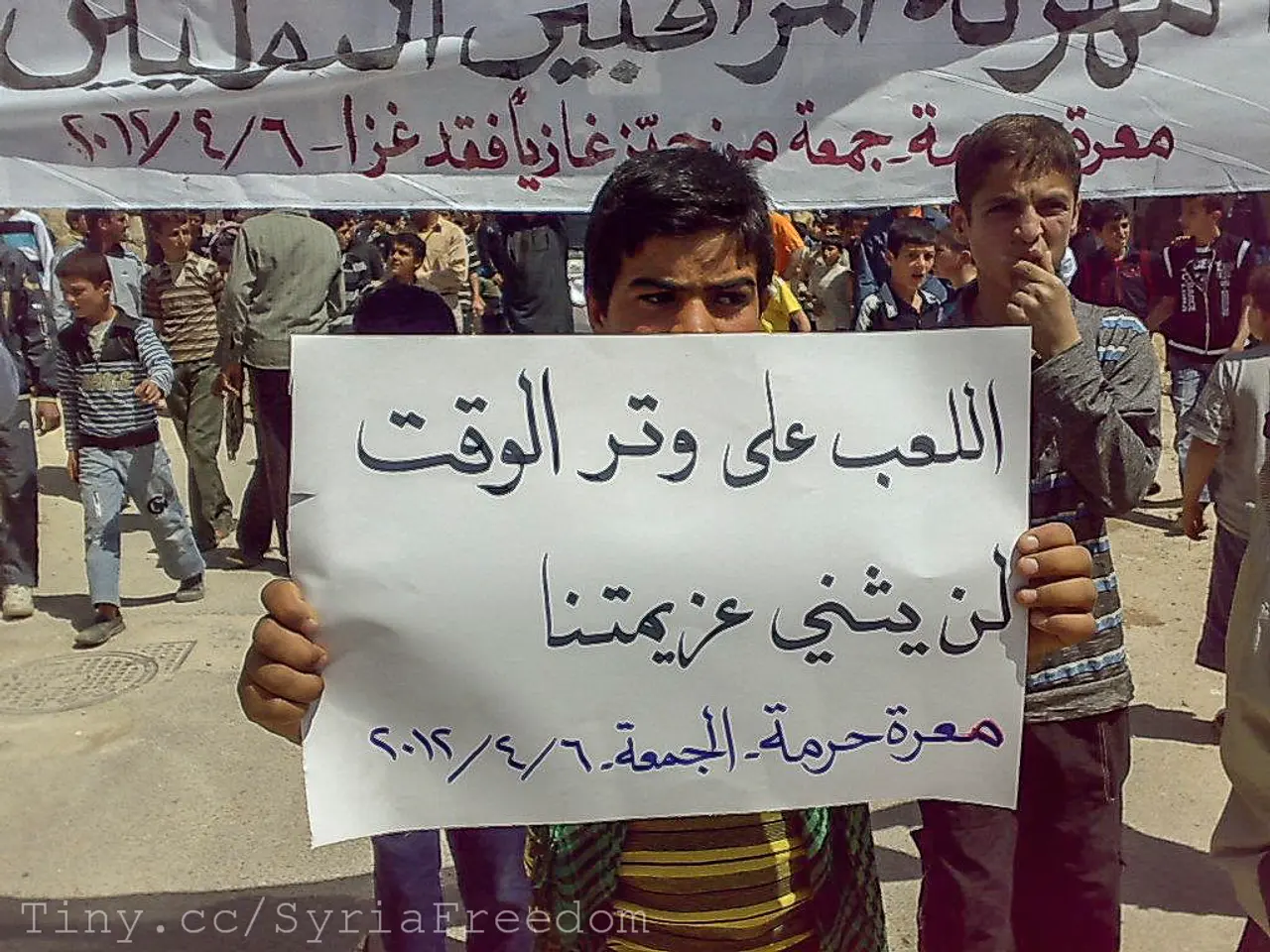United States and China Delay Decision Regarding Tariff Removal - Customs agreement between the US and China delayed
The ongoing US-China trade dispute, simmering for months, took a new turn as both countries agreed to continue efforts to extend the 90-day tariff ceasefire, which is set to expire on August 12, 2025.
Delegations from the US and China met in Stockholm for new talks on their trade conflict. However, no final agreement was reached during the talks, and significant disagreements remain unresolved.
The US has imposed tariffs up to 145 percent on Chinese goods since April, while China has retaliated with tariffs of up to 125 percent and imposed export controls on strategically important raw materials.
China's Trade Representative Li Chenggang expressed a willingness to continue working towards a "continued extension" of the tariff pause, while US Trade Representative Jamieson Greer announced he would return to Washington to discuss the matter with US President Donald Trump.
Beijing has been critical of US export controls on semiconductors and AI chips, which it believes hinder Chinese companies' access to modern technology. Washington, on the other hand, has accused China of deliberately withholding certain raw materials.
The goal of the negotiations was to ease the trade dispute, and an extension of the tariff pause could help avoid an escalation of trade tensions and create conditions for a possible meeting between US President Donald Trump and Chinese President Xi Jinping later this year.
However, US Treasury Secretary Scott Bessent was cautious, saying, "Nothing is agreed until we speak with President Trump." China, on the other hand, showed openness to progress, with a commentary in the state-run People's Daily stating that Beijing is ready to achieve substantial progress with Washington.
No details were provided on when or for how long such an extension might take effect. The current tariff pause expires on August 12, and the ultimate decision to extend the truce now rests with US President Donald Trump, who is expected to make a determination after receiving a comprehensive briefing.
The positive economic effects of the tariff pause have been evident, including an improved IMF growth outlook for China in 2025 to 4.8%, partly due to the lower tariffs.
Anders than many other states, China responded to US tariffs imposed under Trump from the outset with immediate counter-tariffs. The truce has had some positive economic effects, and an extension could provide further economic stability for both countries.
[1] Reuters, "US-China trade war: No final agreement reached during Stockholm talks," July 29, 2025. [2] CNBC, "US-China trade war: Treasury Secretary Scott Bessent says 'Nothing is agreed until we speak with President Trump'," July 30, 2025. [3] IMF, "World Economic Outlook Update: July 2025," July 2025.
- The politics surrounding the US-China trade dispute continue, with both countries' delegations meeting in Stockholm to discuss potential extensions of the tariff ceasefire.
- The Commission, acknowledging the complexities of the trade conflict, is also proposing to extend the deadline for the adoption of new rules, covering the period from 1 January to 31 December, in an attempt to foster ongoing dialogue and general-news developments.






